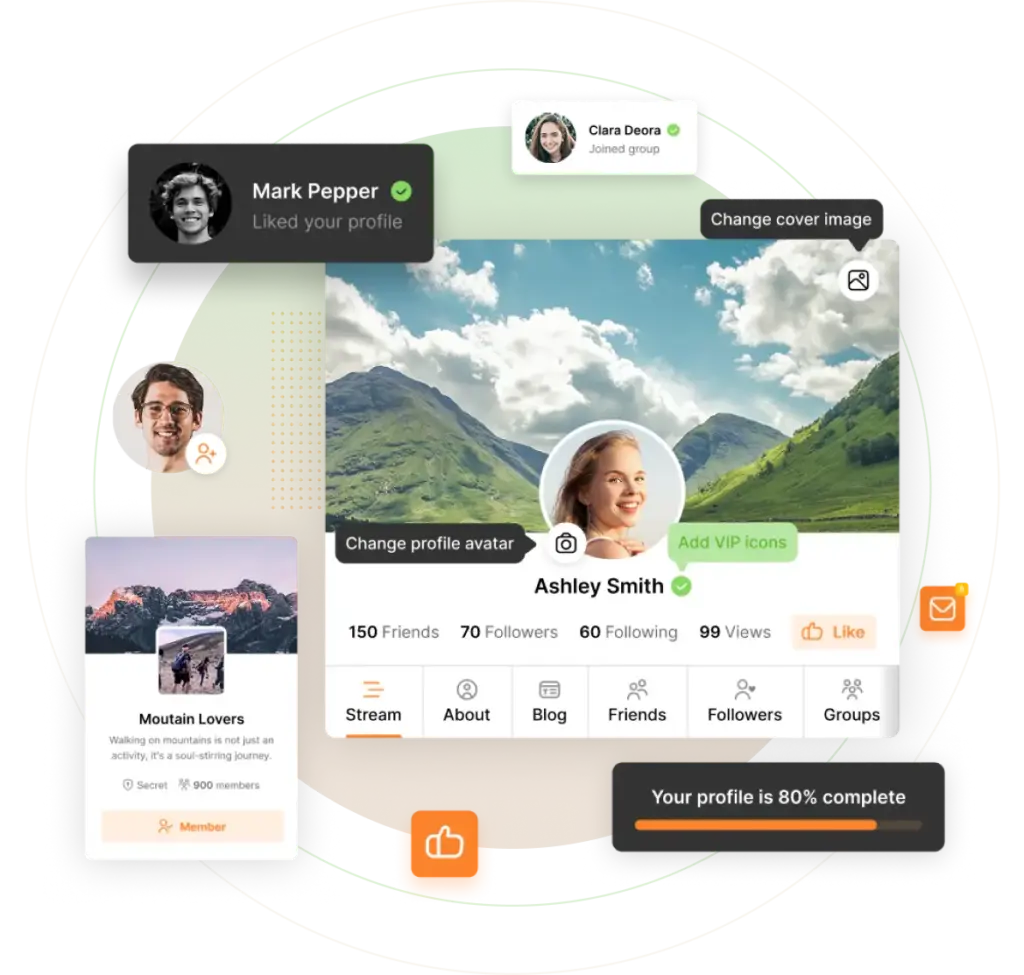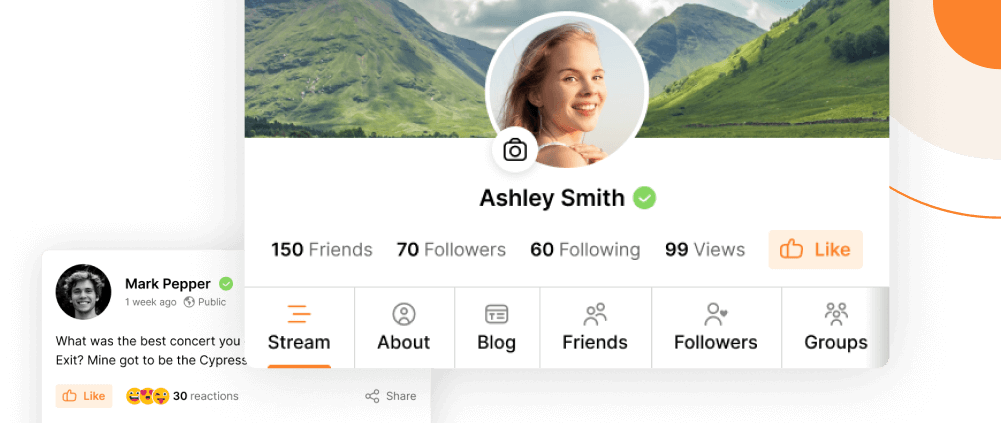Google Plus should have been an Internet giant, a social network to put fear into the heart of Mark Zuckerberg. Instead it became the giant butt of Internet jokes, a place you go to on the Internet when you want to be by yourself. Its failure has lessons for anyone building a private social network.
A quick glance at the figures suggests things should be great. According to one estimate Google Plus has 2.2 billion profiles. Look a little closer though, and the problem becomes clearer. Those profiles aren’t active. In 2015, only 9 percent of those profiles had posted any public content. For more than a third of those, that content was a comment on YouTube. (Google has since stopped requiring membership of Google Plus to post a comment on its video sharing platform.) The bottom line is that of those 2.2 billion profiles, only 0.3 percent, or 6.6 million users, had made a public post on Google Plus in 2015.
Considering the size of Google, the effort put into the production of its social network, and the degree to which it saw Google Plus as essential to competing with Facebook, those are pretty appalling figures. The platform is now focused on “Streams, Photos, and Sharing” — less Facebook, more Pinterest.
Google Plus’s failure is all the more surprising because it was well-designed. Although it clung closely to Facebook, the Circles feature that allowed users to organize their contacts was a powerful idea. Instead of Facebook’s fiddly privacy settings and friend’s lists, building Circles should have felt natural and easy.
But people didn’t do it. They didn’t want to try to categorize their friends. They just wanted to post a thought and let anyone who might enjoy it do so. Circles weren’t enough to pull members out of a place that already contained their friends to a new site that no one was using. As one Google Insider put it to Mashable: “What people failed to understand was Facebook had network effects. It’s like you have this grungy night club and people are having a good time and you build something next door that’s shiny and new, and technically better in some ways, but who wants to leave? People didn’t need another version of Facebook.”
That’s why building a private social network is so important. Facebook has a huge advantage. People might not want to leave for a shiny new club next door but jazz lovers will also go to the club that has their kind of music and pictures of their favorite saxophonists on the wall. Bikers will also go to the biker bar where the conversation is about Harleys and road trips, and their leathers don’t look out of place.
Google failed because it tried to beat Facebook. Your private social network will succeed because it complements Facebook. You members will still be over there chatting and sharing with all their friends but when they want to talk about their favorite niche topic, they’ll come to your community. Your private social network won’t be as large as Google Plus. But build it with PeepSo, and it can be a lot more successful.




I am still trying to figure out how valid is the statement, “You members will still be over there chatting and sharing with all their friends but when they want to talk about their favorite niche topic, they’ll come to your community. ”
Facebook has a craft beer enthusiasts group for my geolocation. What is going to convince them to use a group at my site to discuss craft beer or some other thing, when they already have such a place on FB?
You’ll have to offer them something they can’t get on facebook. Focus, value, privacy, exclusive content. I would recommend reading the book Buzzing Communities to learn some good practices about creating online communities.
Reactions & comments
Comments